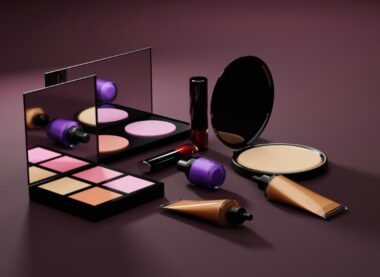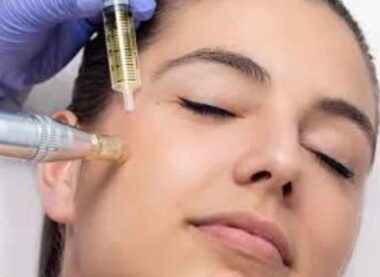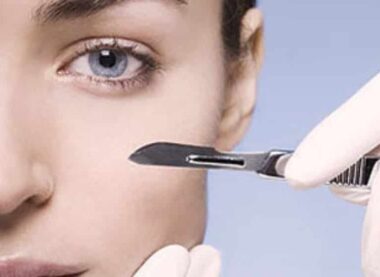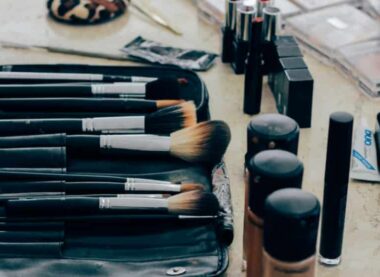Cosmetic chemistry for clean Beauty – Part 3
Cosmetic Chemistry Part 3 is designed for professionals and enthusiasts who have completed the introductory and intermediate levels of cosmetic chemistry. This advanced course delves deeper into the science and art of cosmetic formulation, focusing on innovative techniques, emerging trends, and specialized products. Participants will explore advanced formulation strategies, regulatory considerations, and the latest advancements in cosmetic ingredients and technologies.
-
-by Alicia Rosengren
- 16890 Students
- Last updated
Course Description
1. Advanced Formulation Techniques:
- Emulsification Methods
- High-energy emulsification
- Low-energy emulsification
- Multiple emulsions
- Stabilization of Cosmetic Products
- Rheology modifiers
- Advanced surfactants
- Antioxidants and preservatives
- Delivery Systems in Cosmetics
- Liposomes
- Microencapsulation
- Nanotechnology in cosmetics
2. Specialized Cosmetic Products:
- Anti-Aging Formulations
- Peptides
- Retinoids
- Growth factors
- Hair Care Innovations
- Sulfate-free surfactants
- Conditioning agents
- Hair growth treatments
- Skin Care Breakthroughs
- Hydration technologies
- Barrier repair ingredients
- Skin microbiome-friendly formulations
3. Natural and Sustainable Cosmetics:
- Formulating with Natural Ingredients
- Botanical extracts
- Essential oils
- Natural emulsifiers and preservatives
- Green Chemistry Principles
- Biodegradable ingredients
- Sustainable sourcing
- Eco-friendly packaging
- Certification and Standards
- Organic certifications
- Fair trade practices
- Regulatory bodies and compliance
4. Cosmetic Product Testing and Evaluation:
- Efficacy Testing
- In-vivo and in-vitro methods
- Clinical trials
- Consumer perception studies
- Safety Assessment
- Toxicological testing
- Allergenicity testing
- Stability testing
- Sensory Evaluation
- Texture analysis
- Fragrance profiling
- Color matching
5. Regulatory and Market Considerations:
- Global Regulatory Framework
- FDA regulations
- EU Cosmetic Regulation
- Asian market regulations
- Intellectual Property in Cosmetics
- Patents
- Trademarks
- Trade secrets
- Marketing and Branding
- Market trends analysis
- Consumer behavior insights
- Effective branding strategies
6. Innovation and Future Trends:
- Biotechnology in Cosmetics
- Biotechnologically derived ingredients
- CRISPR and gene editing in skincare
- Probiotics and microbiome engineering
- Personalized Cosmetics
- Custom formulations
- Diagnostic tools and devices
- AI and data analytics in product development
- Sustainable Innovations
- Waterless formulations
- Zero-waste products
- Circular beauty concepts






